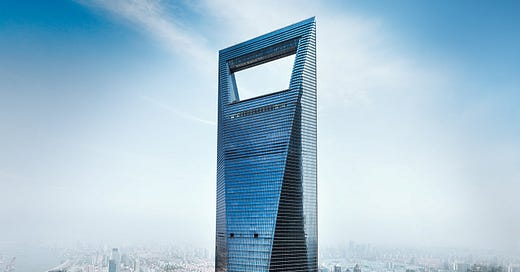Graft Probe finds Flaws in China’s Financial Institutions
Heads of Chinese financial bosses and regulators likely to roll
By: Toh Han Shih
Corruption and other problems in Chinese financial regulators, stock exchanges, and financial institutions have degraded China’s strength as an international financial center according to a report on a state anti-corruption inspection of 25 Chinese financial institutions, financial regulators, and bourses announced on February 24.
Corrupt…
Keep reading with a 7-day free trial
Subscribe to Asia Sentinel to keep reading this post and get 7 days of free access to the full post archives.



